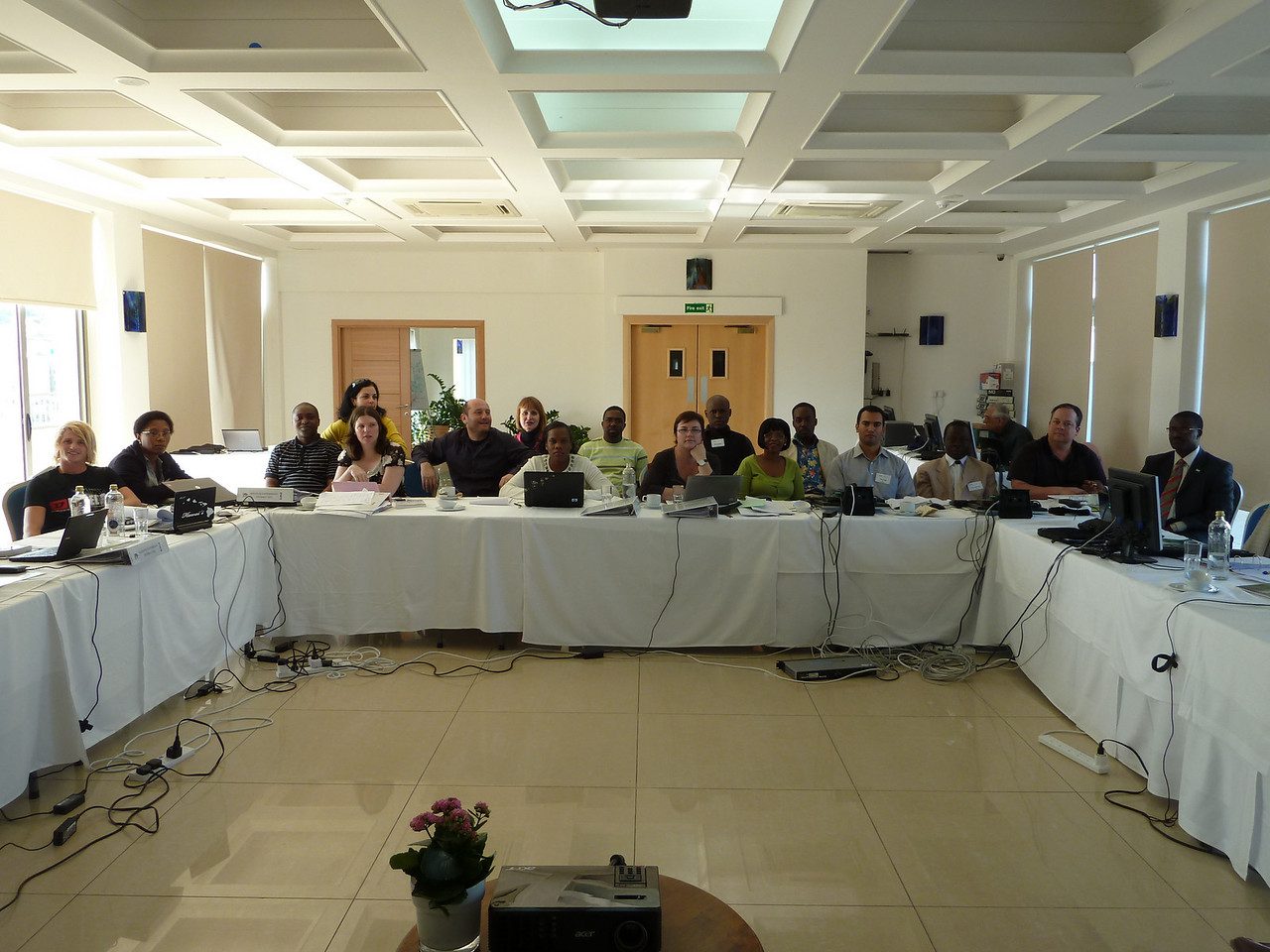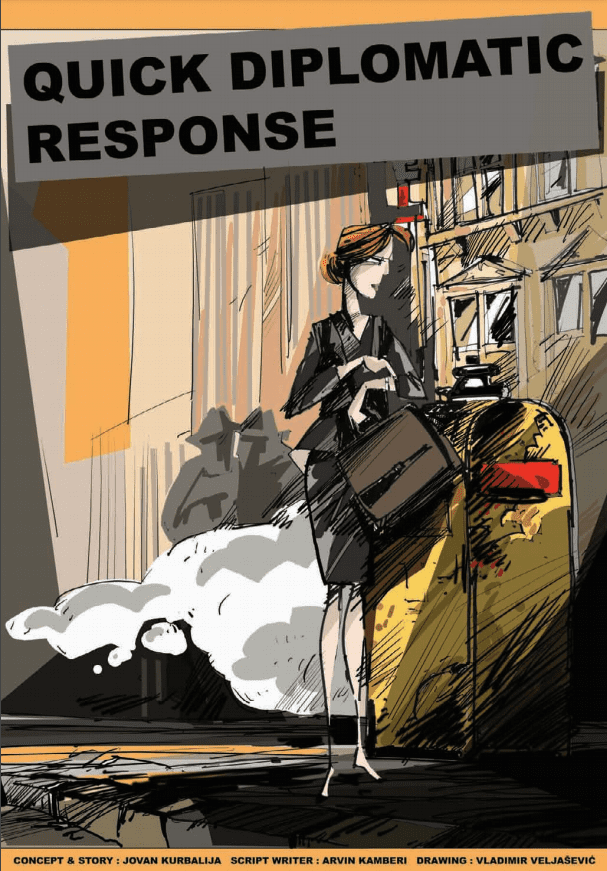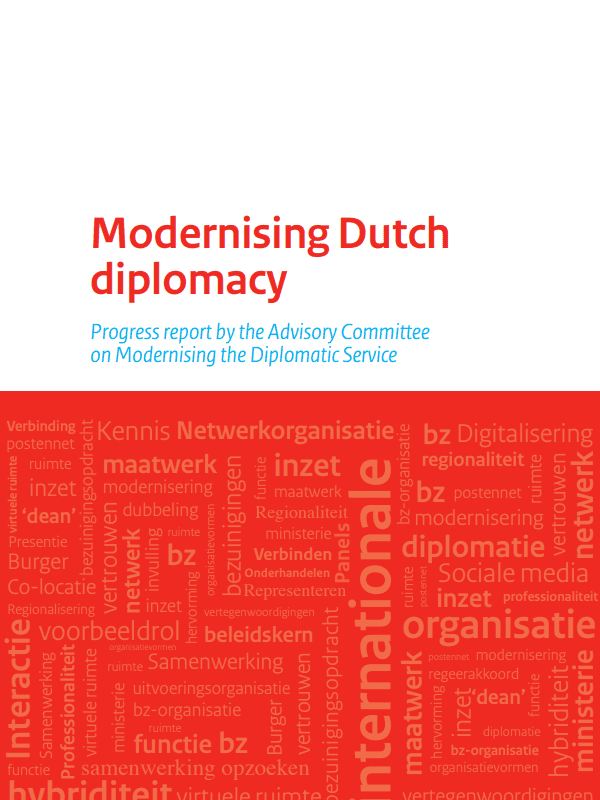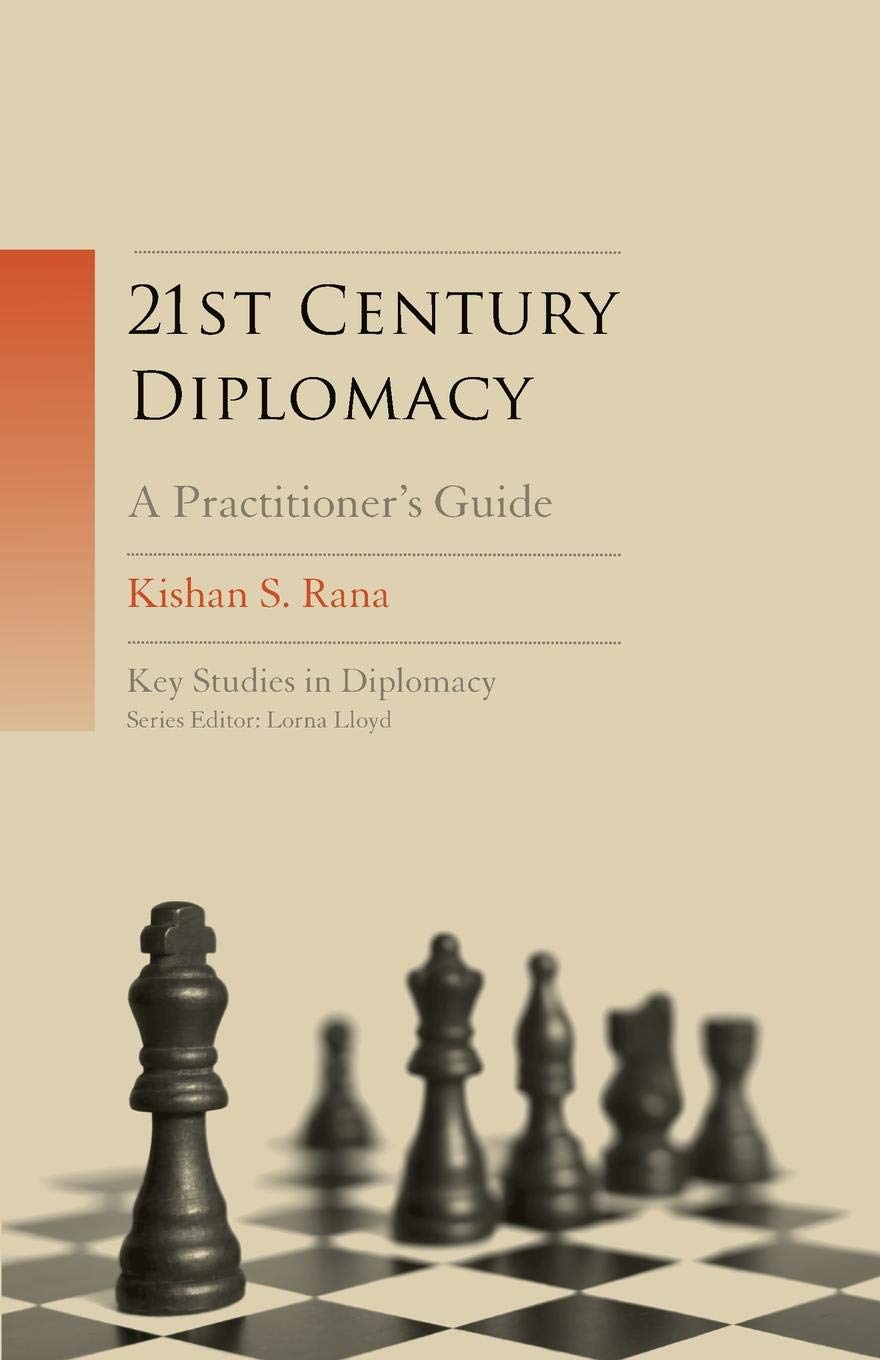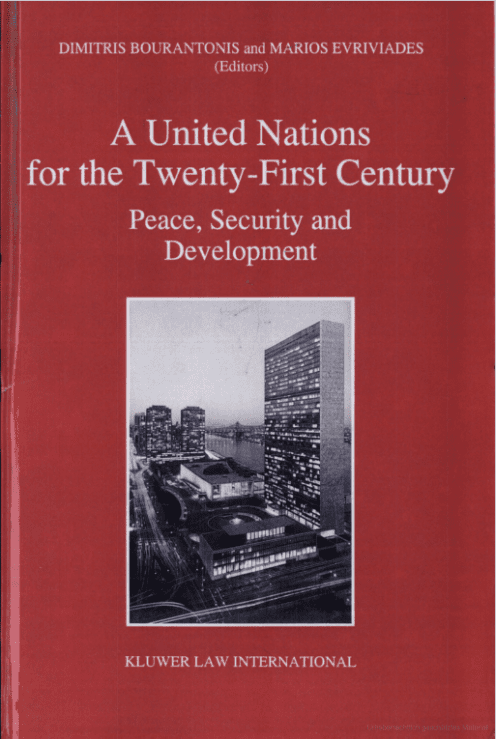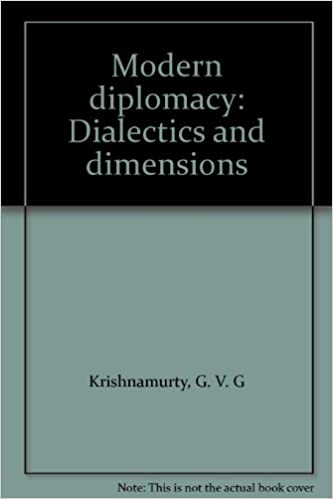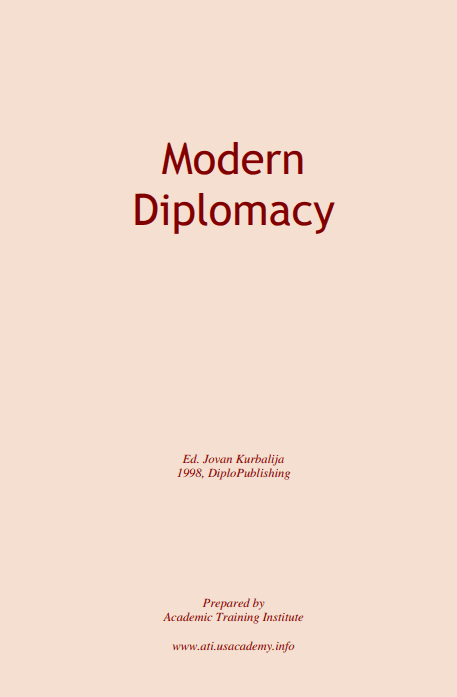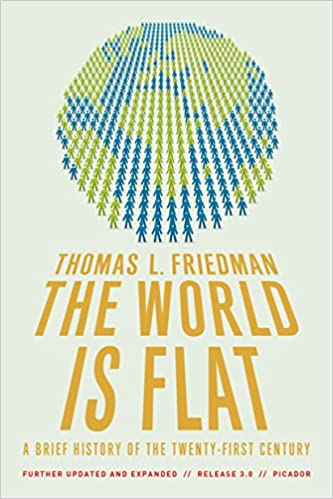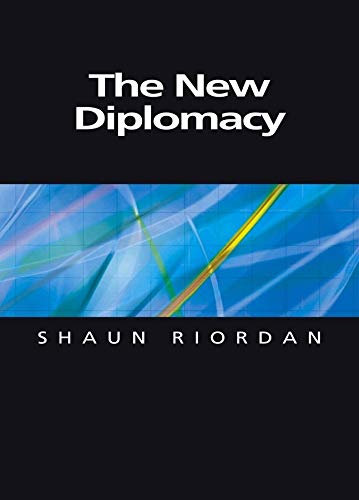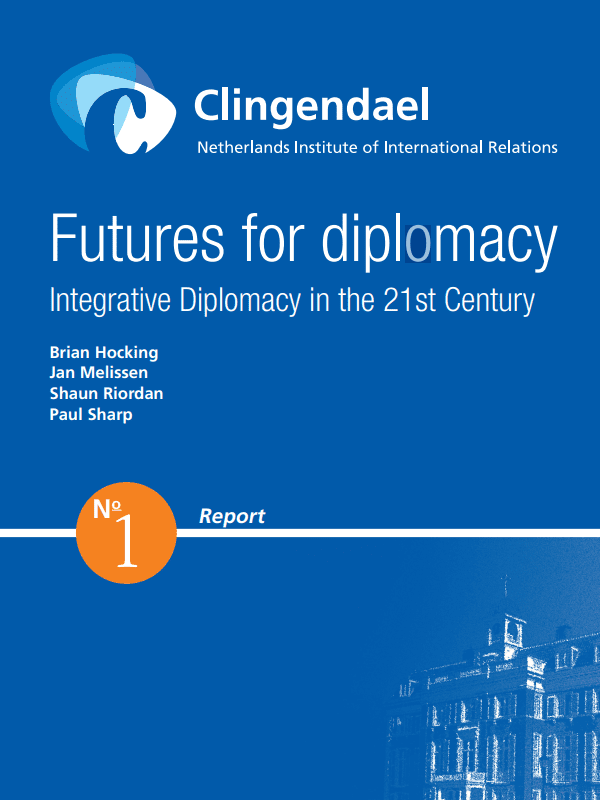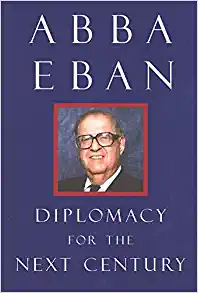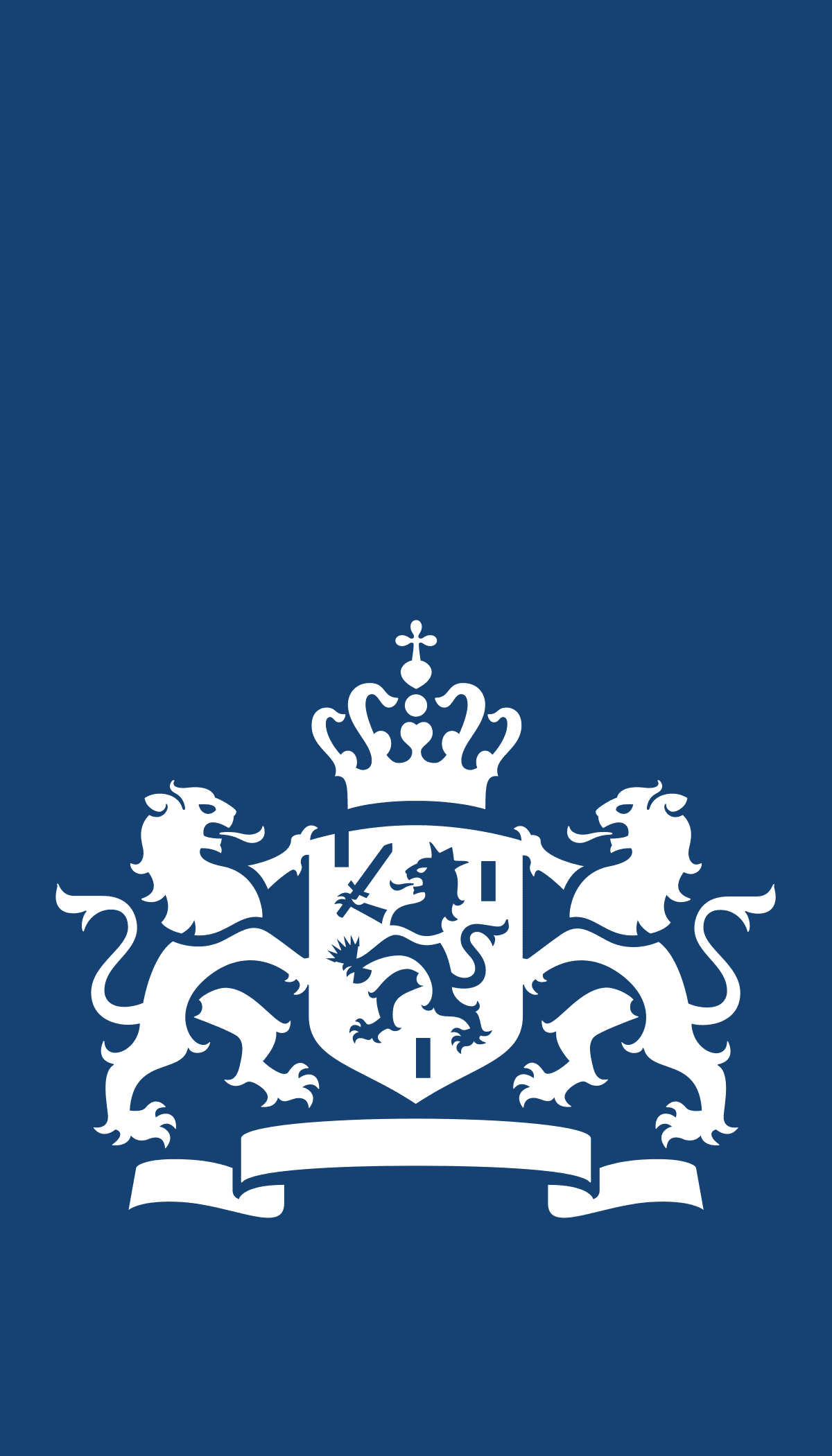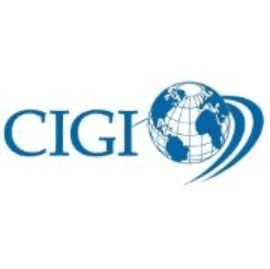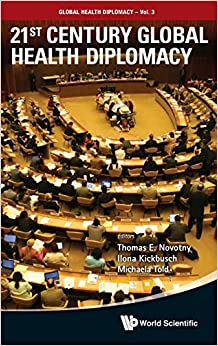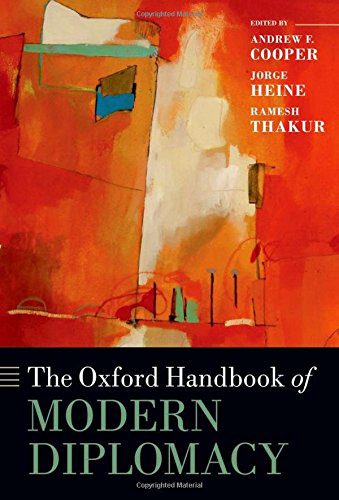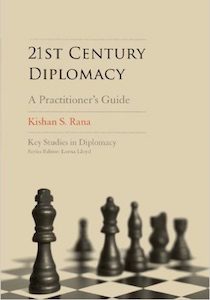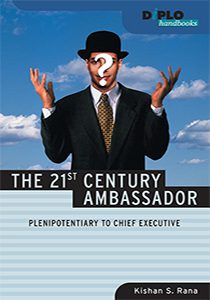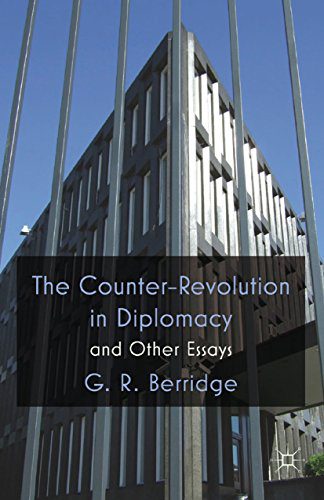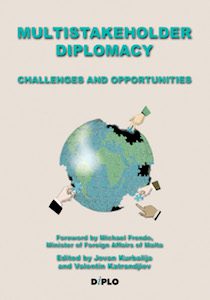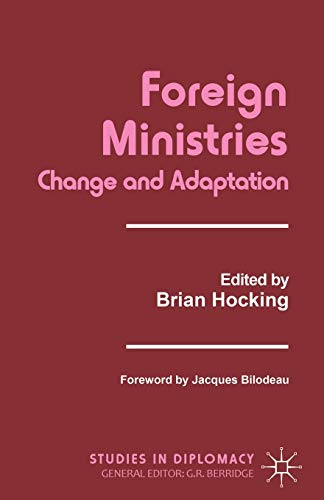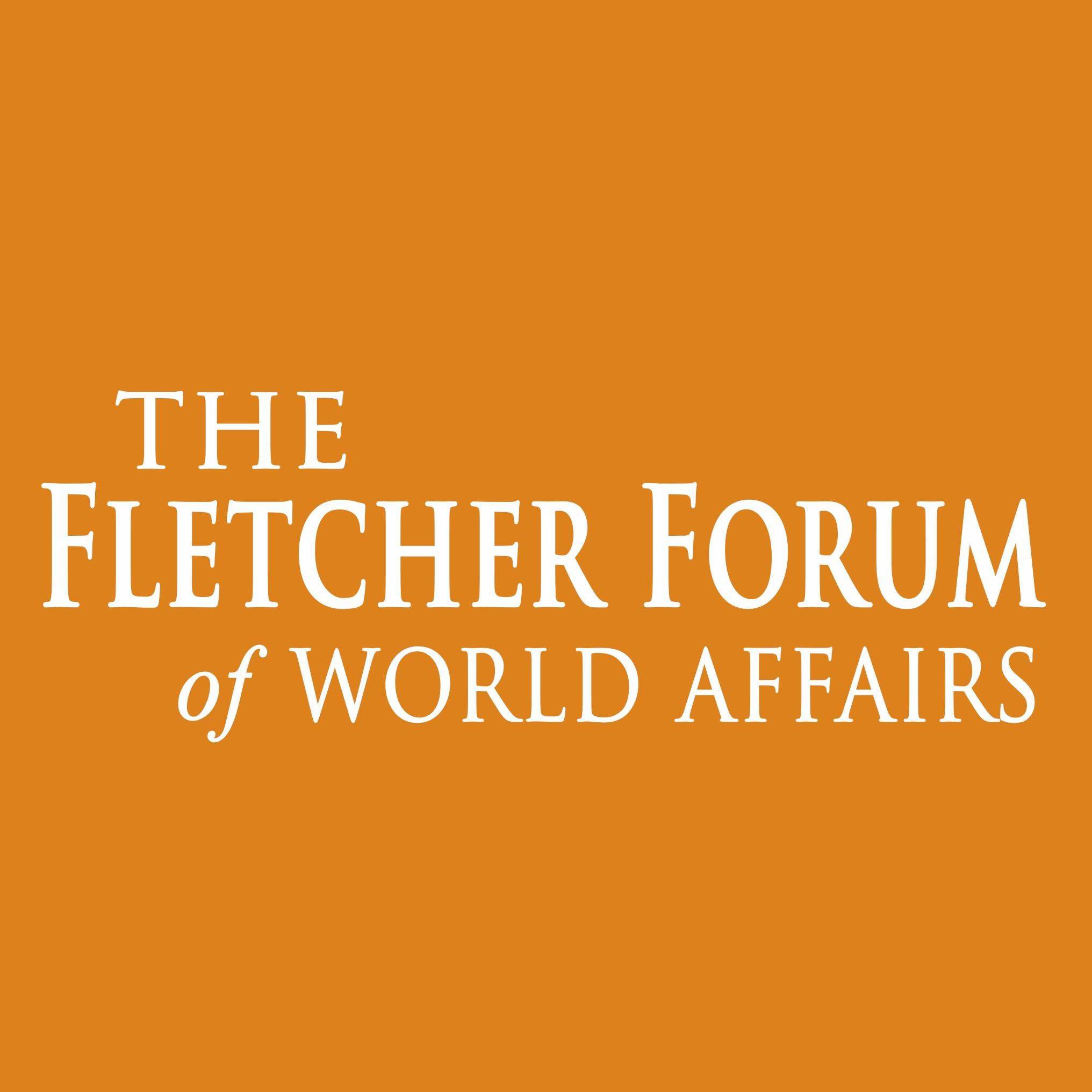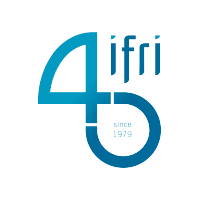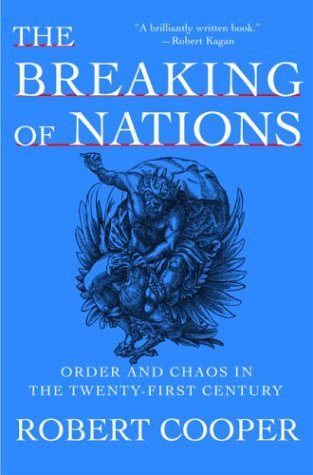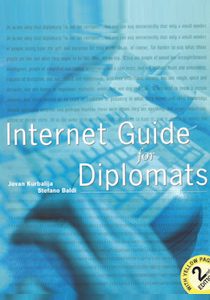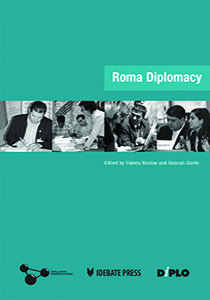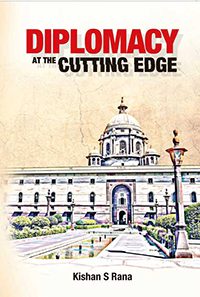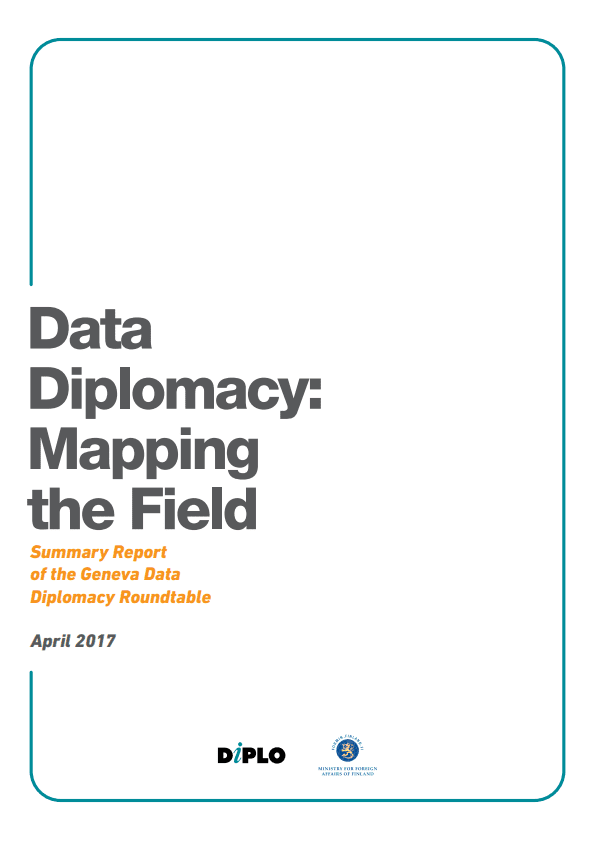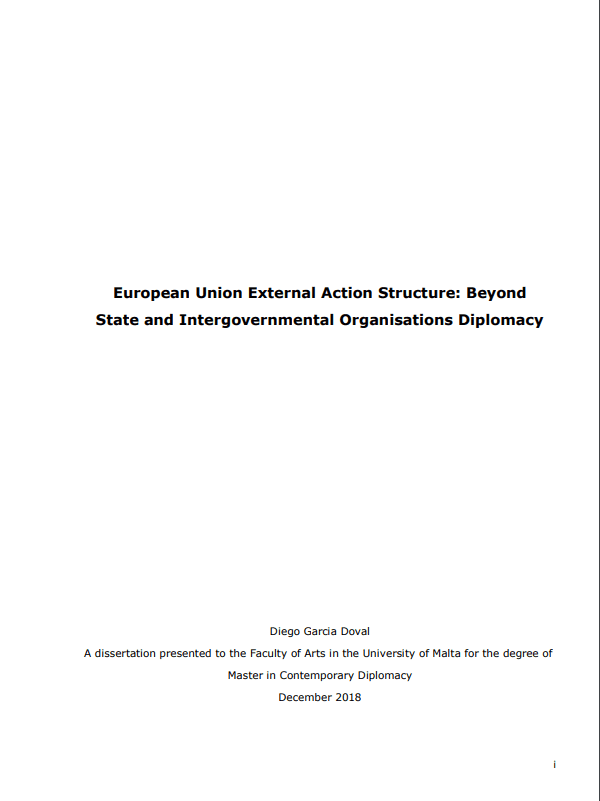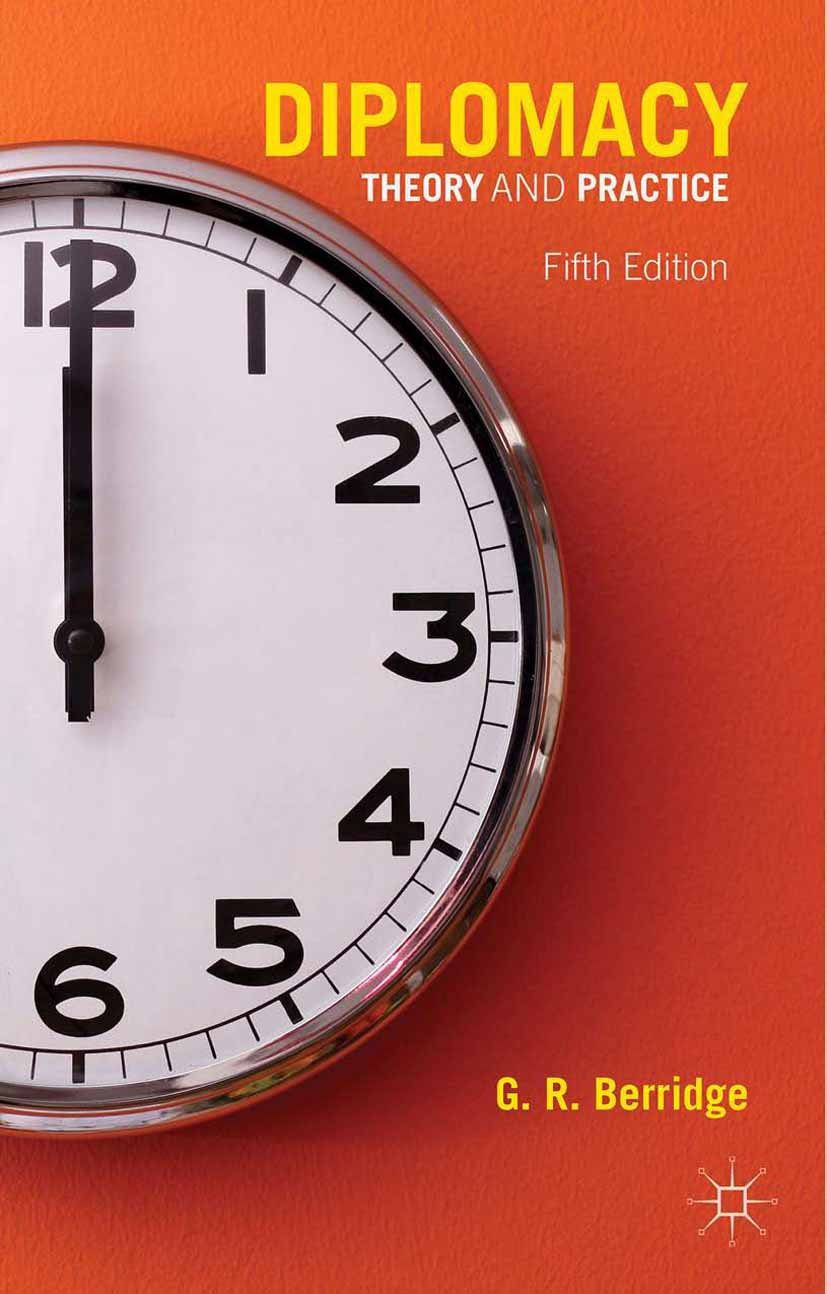One way to start looking at the subject of Diplomatic reporting is to consider it as one facet of a broader and more general phenomenon – the flow of information.
Transmission of information is a basic human activity that in one form or another takes place all the time and under multiple circumstances. It is a product of instinct combined with need.
Like any other method of information flow diplomatic reporting needs to have its own recognizable structure. It has to emerge from a clearly defined context. It needs direction and purpose. It should avail itself of whatever means of communication are currently available.
In this sense the reports that diplomats produce have a lot in common with reports produced by journalists and by academics. The challenge for the diplomat is to preserve a space where the diplomatic report can be seen as adding special depth and foresight to the journalistic narrative, while bringing relevance and immediacy to the academic analysis.
The challenge arises from the fact that reports from the three professions share essential features. In particular they all aim to deal with facts and events, to be objective in recounting these facts and events, and to analyse and interpret their causes and effects. They all seek direction and purpose in their reporting.
All three use the same tools of communication. All three share the inherent contradictions in their common tasks. In particular, the task of reconciling the aim to report facts objectively with the task of analysing these facts with a sense of direction and purpose poses a challenge to all of them. It is not surprising therefore that these three professions tend to intrude into each other.
Two contrasting aspects characterise the flow of information in whatever form it is conducted. On the one hand once information exists there is both the need as well as the natural tendency for it to flow outwards.One may put this in another way. Information cannot exist in isolation. There is the need for a human recipient, as much as a human conveyor, for facts and events to become information. The underlying thrust is therefore towards all type of reporting, including diplomatic reporting, to become open and unrestrained.
The question is the extent to which there are limits to this openness, and furthermore who decides on these limits. This leads to another, and contradictory, aspect of the issue of information flow. Information is a form of power. Withholding information is a means for one individual or a group of individuals to exercise control over others.
The clash between these two opposing aspects characterise the history of information flow, at both academic and professional levels. This history shows a slow but progressive move towards the freer flow of information, punctuated by efforts aimed towards retrenchment.
On the whole, technology has been on the side of the moves towards freer flow of information, though it has occasionally also been used for the opposite purposes. The major breakthrough came with the invention of printing. One could go back even further, to the invention of writing. The latest breakthrough is represented by the internet.
It is useful to put the internet phenomenon in this historical context. In the way it is evolving internet forms part of the age-long contest pointing towards a freer and more open flow of information.
This explains why the recent Wikileaks exposure has on the whole garnered instinctive support at the more popular levels. It has done so in spite of the many questions and misgivings with which the event is surrounded. And in spite, perhaps even because of, the general disapprobation, even condemnation, at more official levels.
Much is being said and discussed about how the instruments provided by the internet – such Facebook, Twitter, and Wikileaks itself – are affecting the conduct of international relations, and in particular diplomacy.
Diplomats have been particularly engaged with the latest Wikileaks exposures. This is partly because these leaks have invaded an inner sanctum of diplomacy – the area of reporting. In visual terms I think of the leaks as equivalent to exposing a diplomat coming down to breakfast in pyjamas. Actually the pyjamas are quite clean and smart, and the breakfast quite appetising though not especially spectacular. But the scene is supposed to be private.
The international community has had richer political fare from other types of leaks. The impact of the Pentagon papers for example, or of the very recent Aljazeera revelations from the Palestine papers, is certainly of greater political significance.
Far-reaching conclusions are also being drawn about the effects of the social media on the political developments in Tunisia and Egypt. It is important to recall that popular upheavals have happened in the past without the aid of the social media. Even in the present case one cannot fail to take account of the role being played by the television, the radio and the telephone.
My wish is not to minimise the role and impact of the new resources made available through internet on the way international life is unfolding around us. But it is useful to place these phenomena in a wider perspective.
This also applies to the case of diplomatic reporting. A number of issues can be considered in this connection. One issue relates directly to the question of free flow of information. One may ask, if the historical trend is for freer flow of information, what could be wrong with the disclosure of reports produced by diplomats.
Is the issue mainly a question of timing? Access to diplomatic archives dealing with issues of the past is a matter of routine. Reports dealing with current issues are however out of bounds. Who should draw the line, and how? Do the diplomats themselves, who produce the reports, have a say in the matter?
These questions touch upon an aspect where diplomatic reporting breaks away from the journalistic or academic reporting. Unlike a journalist or an academic the diplomat does not act as a free agent when producing a report.
One functional definition of diplomacy is that it constitutes interaction among principals working though emissaries or intermediaries. The principals are states in the shape of their political leadership. Diplomats are the emissaries whose primary responsibility is to report directly to their principals.
In this sense, at least from the point of view of the diplomat, one could argue that the diplomatic report falls outside the purview of the secular thrust towards freer flow of information. It is a private communication between the agent and his/or her principal.
Of course this transfers the issue of free flow of information to the political level. This is where it should reside in any case. Questions can and should be asked regarding the extent to which the public should be allowed to share in the information and insights which diplomatic reports provide in the process of defining important political decisions. But this is an issue which goes beyond the role of the diplomats themselves.
Of interest to the diplomats are those questions which are being raised regarding the way such events as the Wikileaks disclosures could affect the nature of diplomatic reporting.
There is the question whether this type of disclosure will inhibit access to contacts and information, which are at the heart of the reporting exercise. There is also the question whether the diplomats themselves will feel that they have to be restrained in offering their views and comments to their principals. There is furthermore the question whether the security measures which will presumably be introduced by Governments would complicate the process of preparing and transmitting reports.
Answers to these questions depend in part upon the extent to which those responsible for safeguarding the confidentiality of documents will manage to improve performance in their job. This is an issue relating to technology as well as procedures.
Defined in this way the problem appears manageable. The Wikileaks incident will become an incident in the normal flow of things. Procedures will be tightened and security better ensured. With limited changes this will re-establish the space where the conduct of diplomatic intercourse and reporting could proceed more or less as before.
Another potentially positive dimension of the question relates to the nature of diplomacy itself. Since diplomacy is the process of interaction among states working though their intermediaries, the need will inevitably remain for the intermediaries to report frankly and in detail on the outcome of their efforts. Whatever security techniques or procedures are introduced they will be such as to preserve the essential nature of diplomatic reporting.
The alternative consisting of the principals themselves conducting the bulk of diplomatic intercourse may sound theoretically attractive, but is unrealistic. The process of interstate relations, at both bilateral or multilateral levels, is too complex and spread out to be managed without intermediaries. To whatever extent the involvement of principals is made possible by modern means of transport and communications this is in fact already taking place. This has indeed already had a noticeable impact on the nature of diplomacy. Nevertheless it has not reduced the need for diplomats and their reporting processes.
However from a different direction there is a dimension to the question which could have a much more dramatic impact on the nature and quality of diplomatic reporting. This relates to whether modern societies are prepared to acquiesce in any significant curtailment of freedom in the quest for greater security. Such a development would constitute a resurgence of the periodic retrenchment punctuating the underlying trend towards freer flow of information. In such a scenario one could envisage that even the process of diplomatic reporting would suffer.
On the other hand one could argue that the process of free information flow has become too advanced to suffer significant reverses. In this context the role of the internet, and the tools and facilities it has made available assumes major prominence.
The way in which the internet has inserted itself in our daily lives is indeed impressive. One can hardly think of even the most basic activity which is not somehow touched and enriched by some contribution through the internet.
In the diplomatic field one of the most immediate and visible aspects relates to the way the drafting process has been affected. Reports today are quicker to produce, richer in content, and more susceptible to collective working together than ever before. This has improved the timeliness and quality, though, perhaps less fortunately, also the size and quantity, of reports. The basic tools required for these improvements – especially word processors and search engines – are now within reach of all.
This works to the particular benefit of smaller and less resource-rich states. It does create its own bottlenecks, especially for these states, however. The vast amount of material being produced requires ever increasing sophistication in the tasks of sorting out, archiving, and eventually retrieving, relevant information. The techniques, equipment and procedures that can deal with these tasks are still outside the capacity of many states especially the smaller ones. And the human and material resources they require for their implementation might keep them out of the reach of many for some time to come. Nevertheless those who started their efforts early, and have pursued these efforts with determination and consistency are already reaping valuable rewards.
The collaborative facilities provided by the internet have also invaded diplomatic life. In many respects the use of blogs, face book and twitter constitute a natural and legitimate extension of the public dimension of diplomacy.
It may still be an open question however how much these facilities can or indeed should become either an addition or even a component of the reporting dimension of diplomatic work. The issue here is whether the internet fits in with the traditional purpose and direction of diplomatic reporting – focussed as this has been on the provision of information and advice to principals in their process of policy formulation. This point can of course be reformulated in the sense that the use of the internet for the function of diplomatic reporting is in itself a sign that the role of the reporting function in diplomacy has already changed. From my point of view this may be the case with regard to some aspects of multilateral diplomacy. But I would be reluctant to extend this notion to bilateral diplomacy.
Ambassador Camilleri is Permanent Representative of Malta to the United Nations in Geneva, and President of the Board of Administrators of DiploFoundation.
